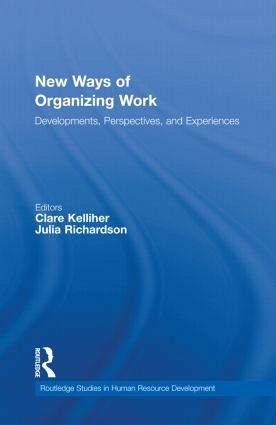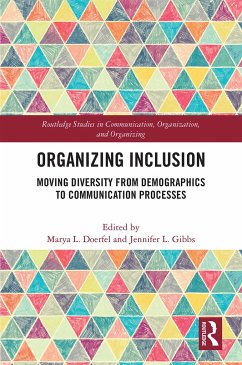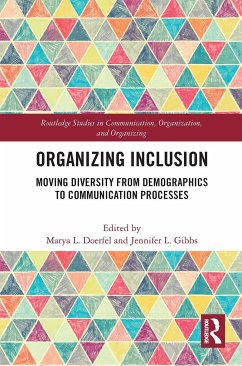
New Ways of Organizing Work
Developments, Perspectives, and Experiences
Herausgeber: Kelliher, Clare; Richardson, Julia
Versandkostenfrei!
Versandfertig in 1-2 Wochen
176,99 €
inkl. MwSt.
Weitere Ausgaben:

PAYBACK Punkte
88 °P sammeln!
New Ways of Organizing Work is concerned with examining contemporary changes to how work is organized, how those changes are implemented and how they are experienced by employees. It brings together contributions from an international team of established scholars working in the field and provides empirical evidence from Europe, North America, Asia and Australia.













